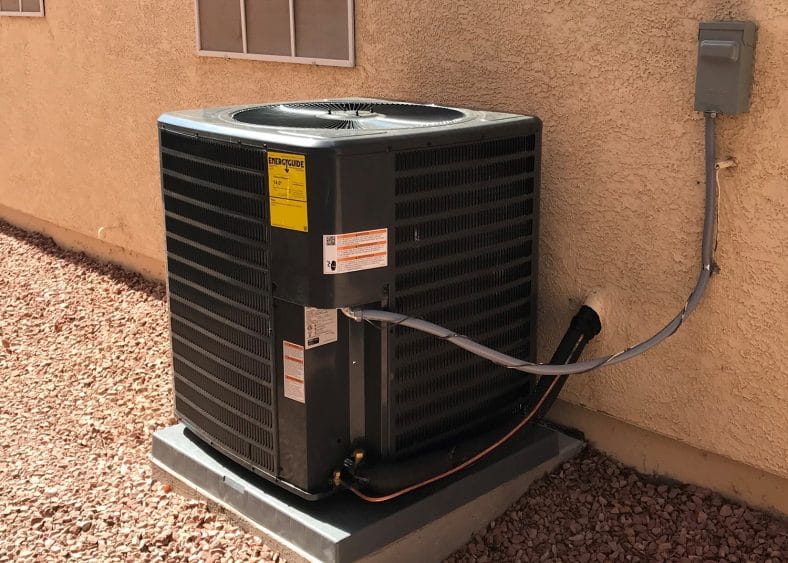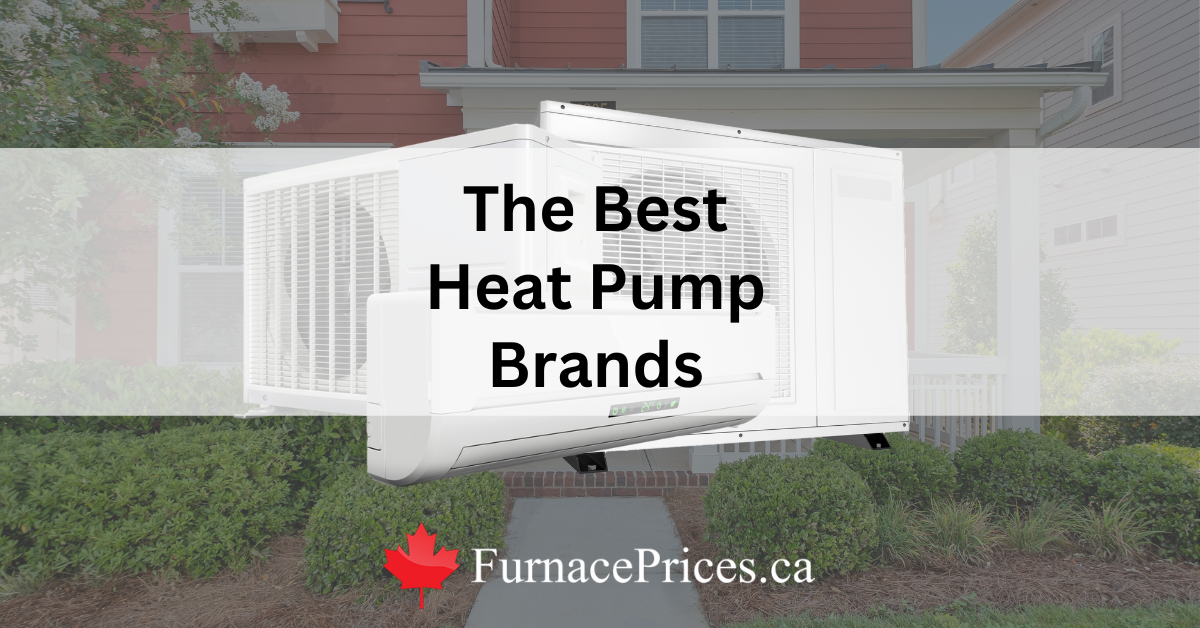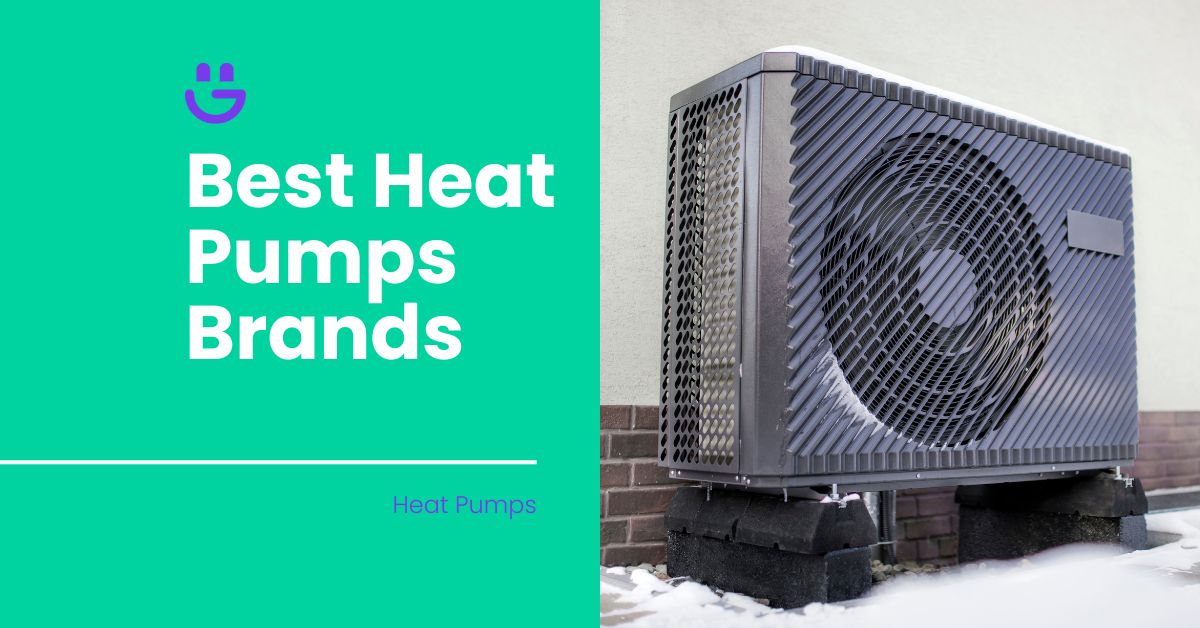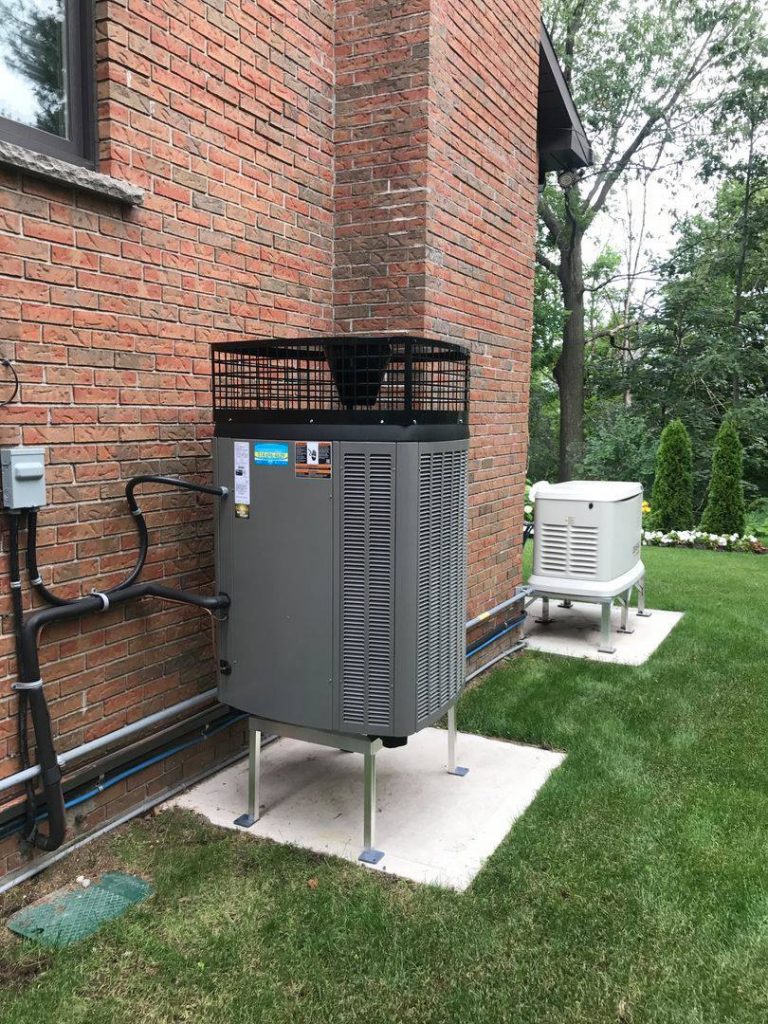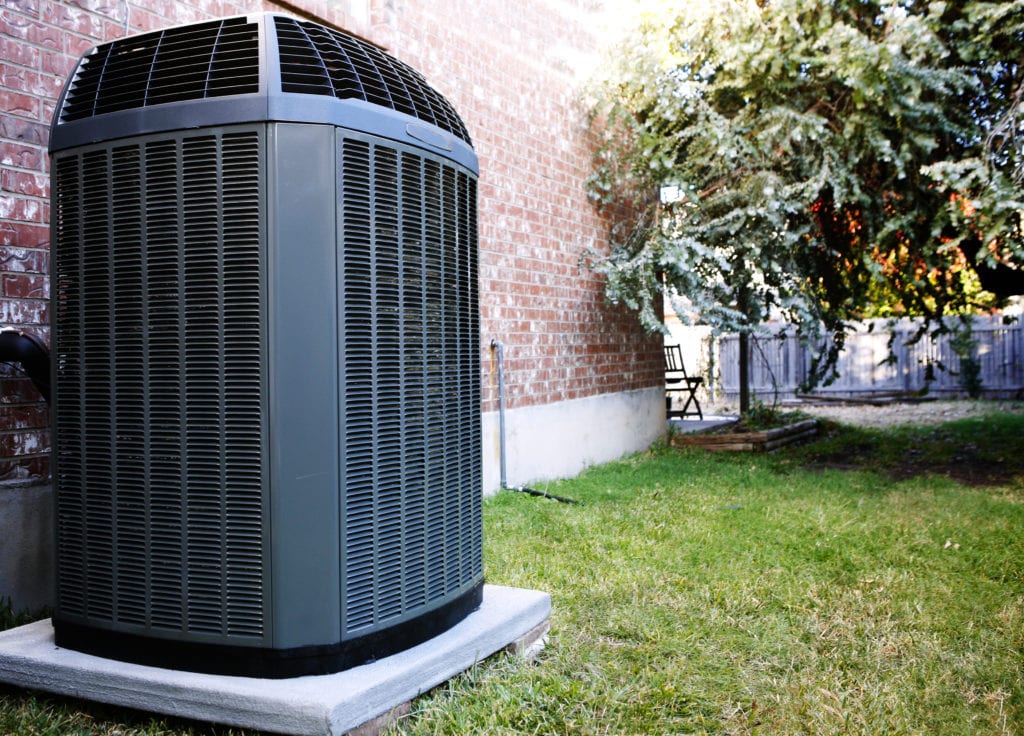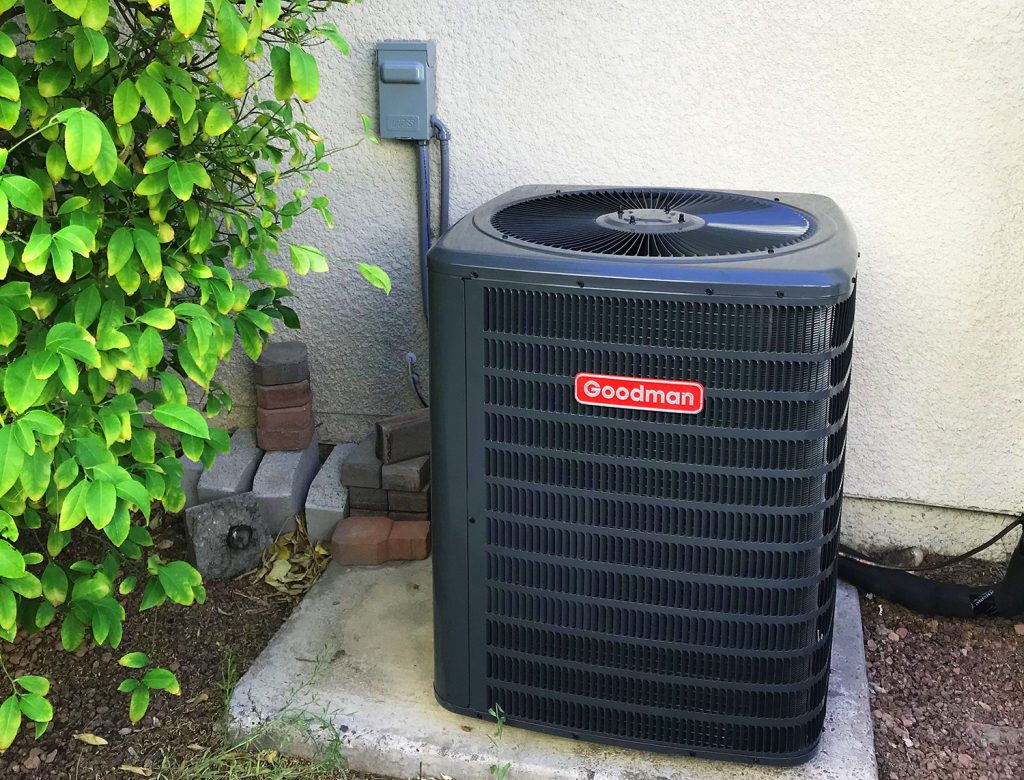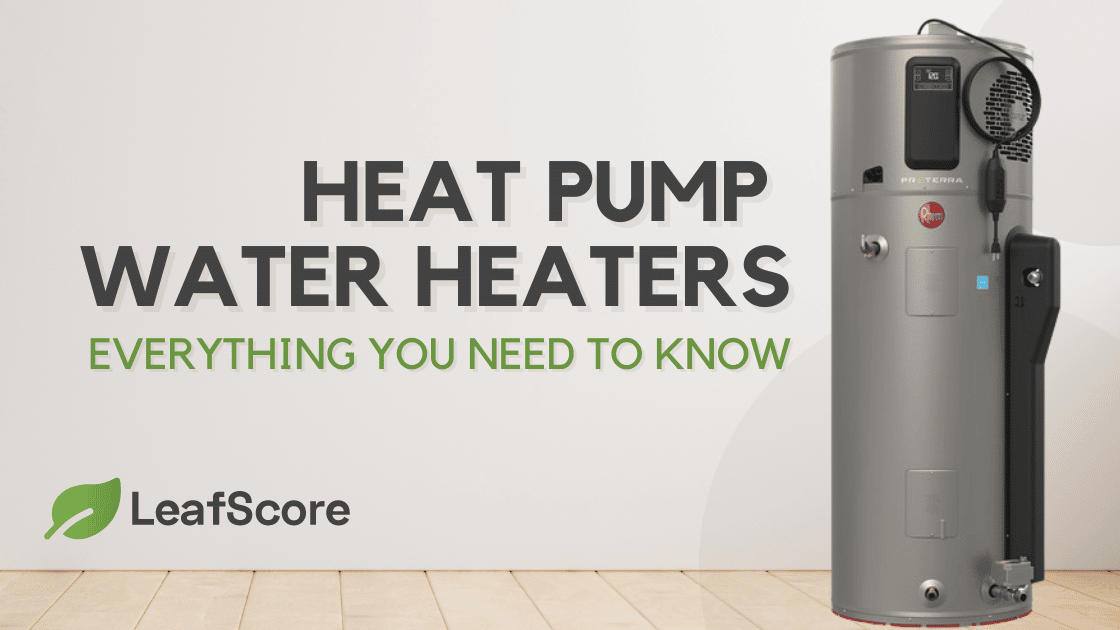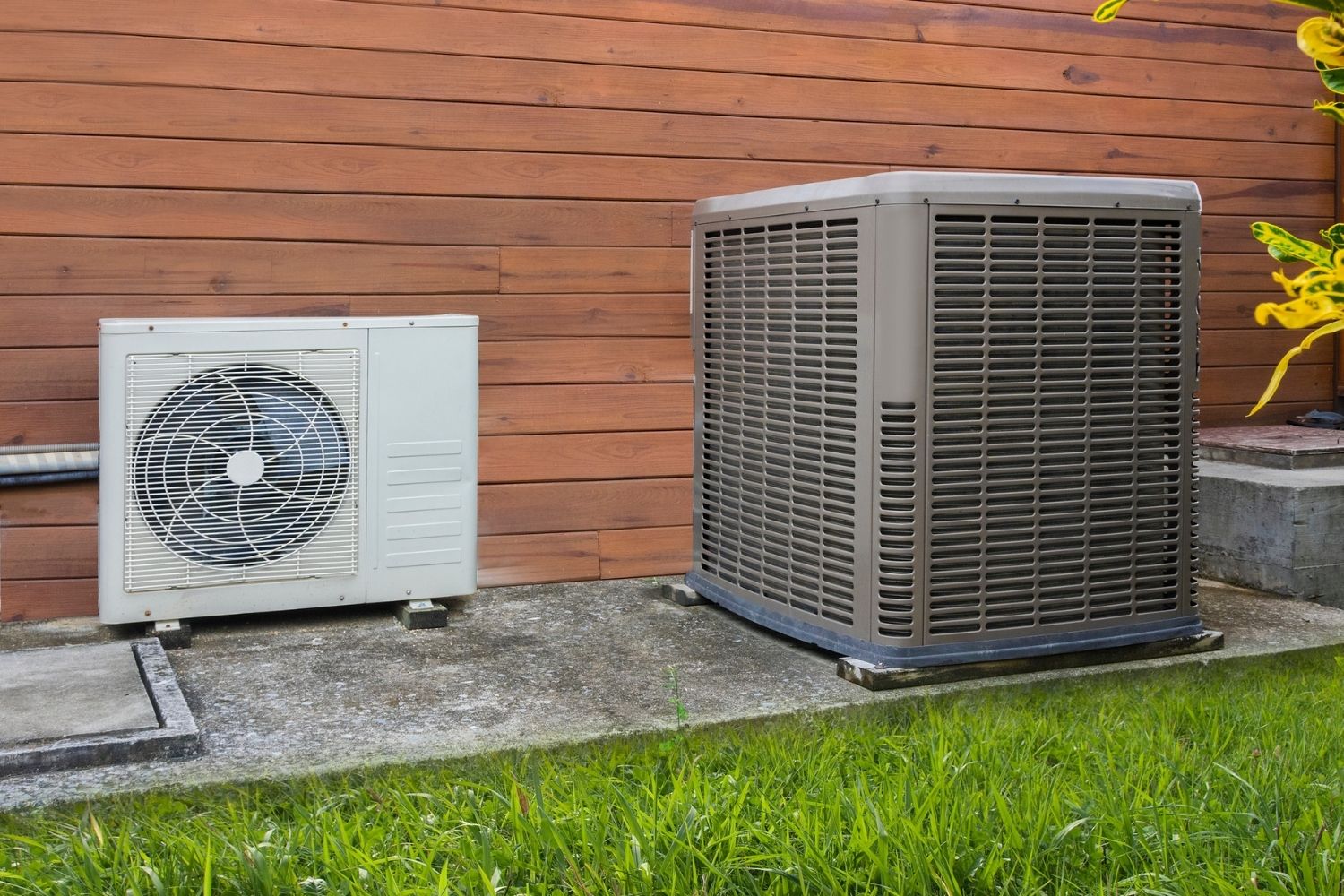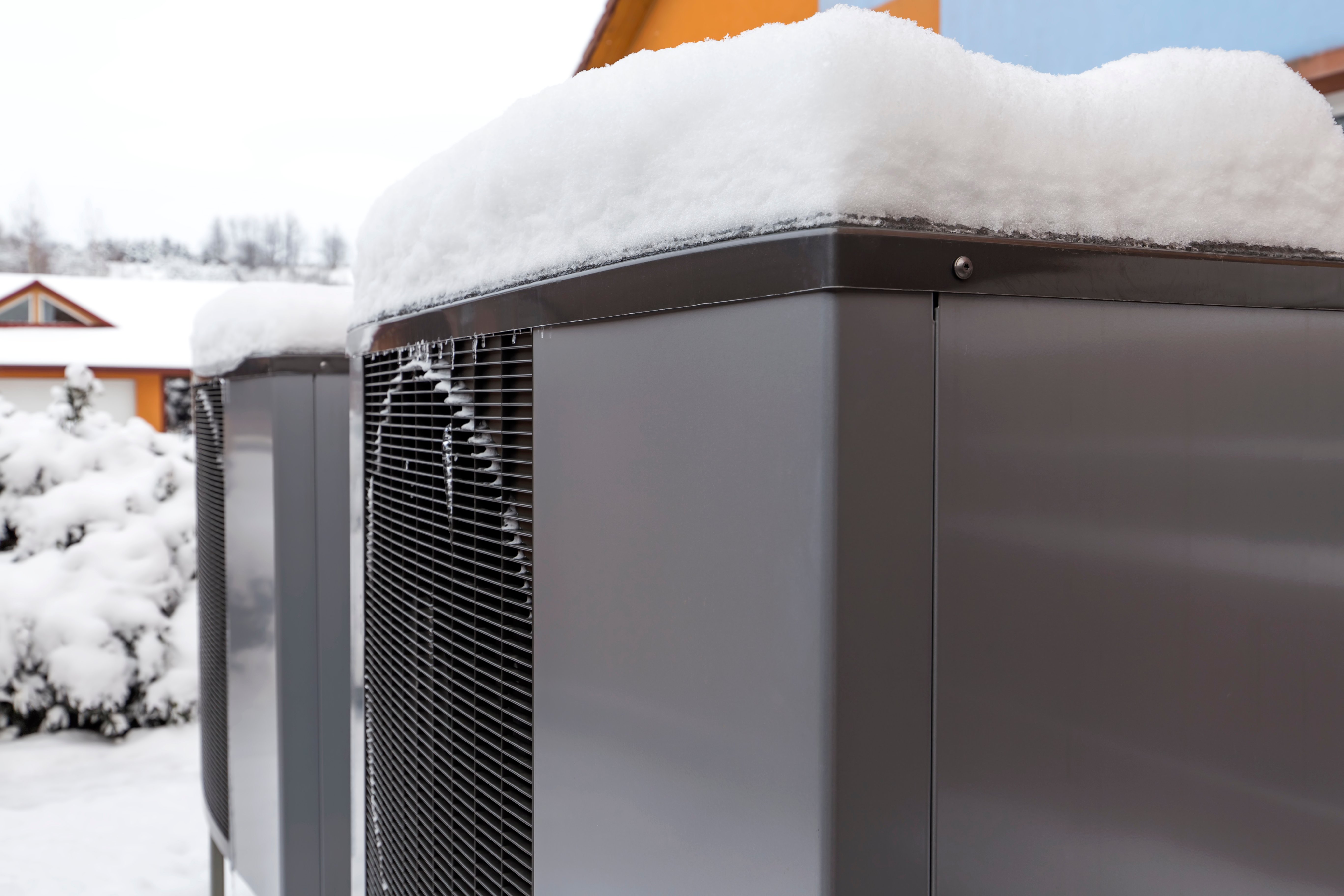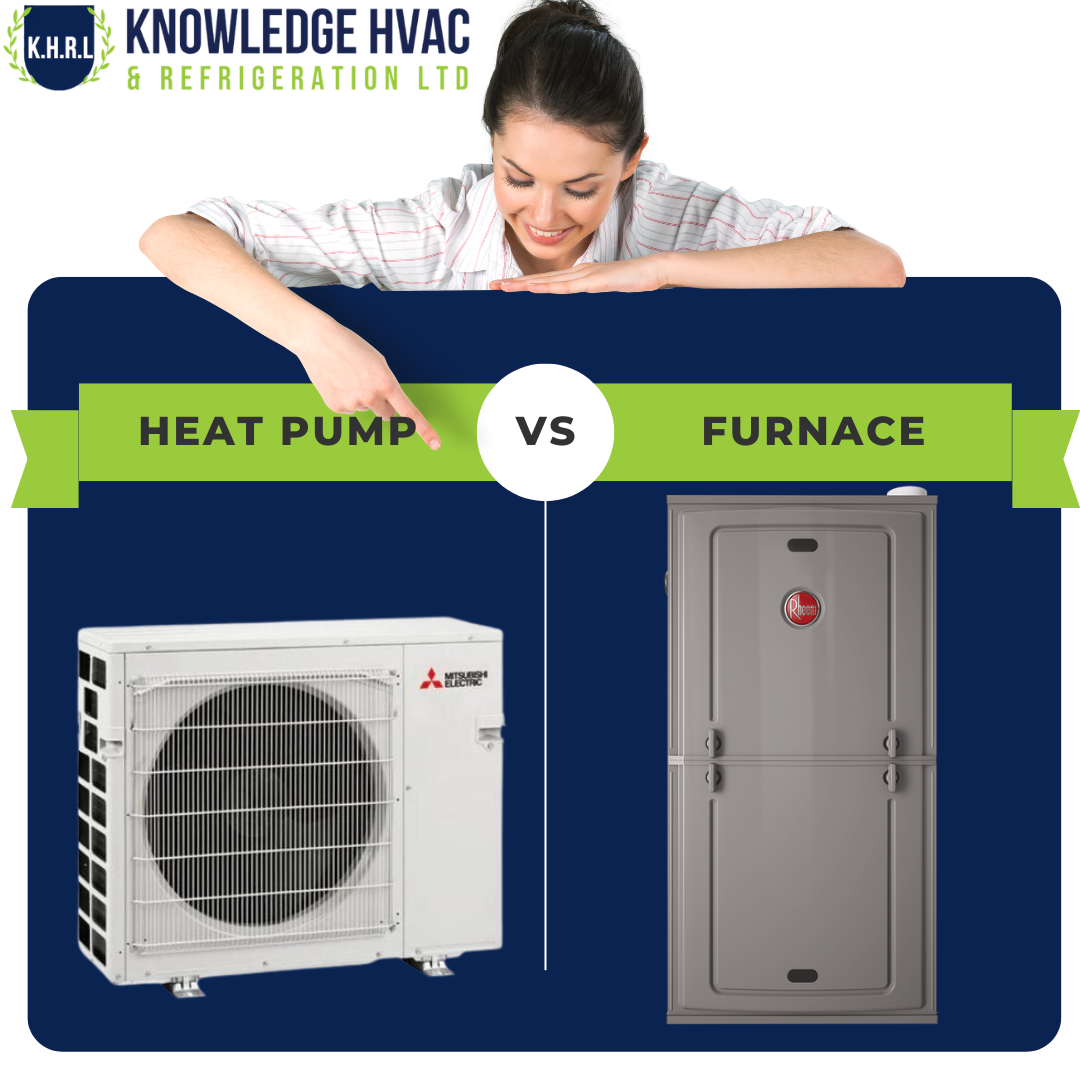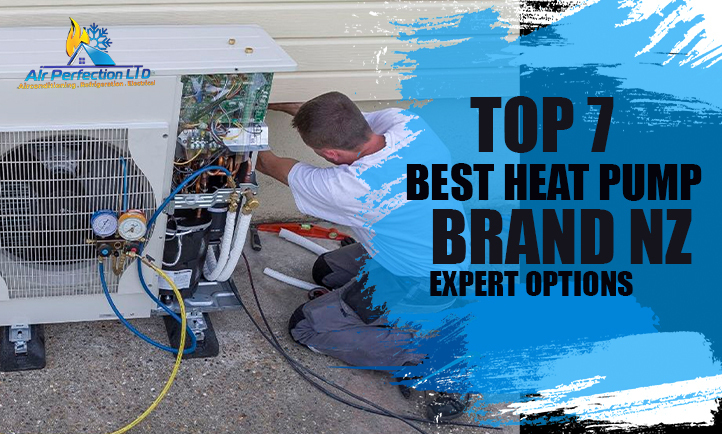What Is The Best Heat Pump

As homeowners increasingly seek energy-efficient and cost-effective heating and cooling solutions, the heat pump market has exploded with options. Deciding on the "best" heat pump, however, is far from simple, hinging on factors like climate, home size, insulation, and budget. This article explores the key considerations and technologies driving this rapidly evolving sector.
The question of the best heat pump isn't about a single, universally superior model. Instead, it's about finding the optimal system for a specific context. Understanding regional climate variations, home energy efficiency, and personal financial priorities are crucial in this selection process. With incentives and efficiency standards constantly evolving, making an informed decision requires careful research.
Understanding Heat Pump Types
There are primarily two types of heat pumps: air-source and ground-source (geothermal). Air-source heat pumps (ASHPs), which transfer heat between your home and the outside air, are the most common and generally less expensive to install. Ground-source heat pumps (GSHPs), on the other hand, utilize the stable temperature of the earth to provide heating and cooling.
GSHPs offer higher efficiency and more consistent performance, especially in extreme climates, but their installation costs are significantly higher due to the need for underground piping. While ASHPs have traditionally struggled in very cold climates, advancements in technology, such as cold-climate heat pumps (ccHP), are expanding their viability in colder regions.
Mini-split heat pumps, a type of ASHP, are ductless systems ideal for individual rooms or additions. They offer zoning capabilities, allowing homeowners to control the temperature in different areas of the house independently, increasing comfort and energy savings.
Key Performance Metrics
When evaluating heat pumps, several performance metrics are crucial. The Seasonal Energy Efficiency Ratio (SEER) measures cooling efficiency, while the Heating Season Performance Factor (HSPF) measures heating efficiency. Higher SEER and HSPF ratings indicate greater energy efficiency.
Another important metric is the Coefficient of Performance (COP), which measures the amount of heat produced per unit of energy consumed at a specific temperature. Look for heat pumps with high SEER, HSPF, and COP ratings to maximize energy savings and reduce utility bills.
According to the U.S. Department of Energy (DOE), Energy Star certified heat pumps must meet minimum SEER and HSPF requirements. "Energy Star certification is a reliable indicator of energy efficiency and can help consumers identify high-performing models," a DOE spokesperson stated.
Climate Considerations
The ideal heat pump depends heavily on the climate. In warmer climates, a standard ASHP may suffice. However, in colder regions, a ccHP is often necessary to provide adequate heating performance.
ccHPs are designed to operate efficiently at lower temperatures, often down to -15°F or even lower. They typically feature advanced compressor technology and defrost strategies to maintain heating capacity in frigid conditions. The efficiency and effectiveness of ccHPs have significantly broadened the geographic applicability of air-source heat pumps.
For homeowners in regions with extreme temperature fluctuations, a dual-fuel system might be worth considering. This setup combines a heat pump with a gas furnace, allowing the heat pump to handle moderate heating needs while the furnace kicks in during periods of extreme cold.
Installation and Maintenance
Proper installation is paramount for optimal heat pump performance. It is recommended to hire a qualified HVAC contractor with experience in heat pump installation. A poorly installed heat pump can lead to reduced efficiency, increased energy consumption, and premature failure.
Regular maintenance is also essential. This includes cleaning or replacing air filters, inspecting coils, and checking refrigerant levels. Preventative maintenance can extend the lifespan of your heat pump and ensure it operates at peak efficiency. Ignoring maintenance can diminish the effectiveness and longevity of the system.
Homeowners should also ensure proper insulation and sealing of their homes to minimize heat loss. Addressing drafts and air leaks can significantly improve the overall efficiency of the heating and cooling system.
Cost and Incentives
The upfront cost of a heat pump can vary depending on the type, size, and efficiency rating. While GSHPs typically have higher upfront costs, their superior efficiency can lead to long-term savings.
Fortunately, various incentives and rebates are available to help offset the cost of heat pump installation. The Inflation Reduction Act of 2022 provides substantial tax credits for energy-efficient home improvements, including heat pumps. These incentives can significantly reduce the net cost of installing a high-efficiency system.
State and local governments also offer rebates and financing options. Exploring these incentives can make heat pumps more affordable and accessible for homeowners. Take the time to investigate any available government rebates to bring down the total cost.
The Human Angle: Comfort and Savings
Beyond the technical specifications, the "best" heat pump also enhances homeowners' comfort and reduces their energy bills. Sarah Miller, a homeowner in Maine, shared her experience: "Switching to a cold-climate heat pump has made a huge difference in my comfort level during the winter. Plus, my energy bills have gone down significantly."
Stories like Sarah's highlight the real-world benefits of investing in an efficient heat pump system. By providing consistent and comfortable heating and cooling, heat pumps can improve the quality of life for homeowners while reducing their environmental impact.
Furthermore, increased energy independence is a significant benefit, particularly with volatile energy prices. With greater fuel efficiency, homeowners can reduce their reliance on conventional heating and cooling sources.
Conclusion
Determining the best heat pump involves considering a complex interplay of factors. Climate, home characteristics, budget, and personal preferences all play a role. Thorough research, professional consultation, and consideration of long-term costs and benefits are crucial for making an informed decision.
While there is no single "best" heat pump, there is almost certainly an optimal solution for every homeowner. By understanding the different types of heat pumps, performance metrics, and available incentives, individuals can confidently select a system that meets their specific needs and contributes to a more sustainable future.
As technology continues to advance and incentives become more widespread, heat pumps are poised to become an increasingly popular and practical choice for homeowners seeking efficient, cost-effective, and environmentally friendly heating and cooling solutions. The future looks bright for this innovative technology.
